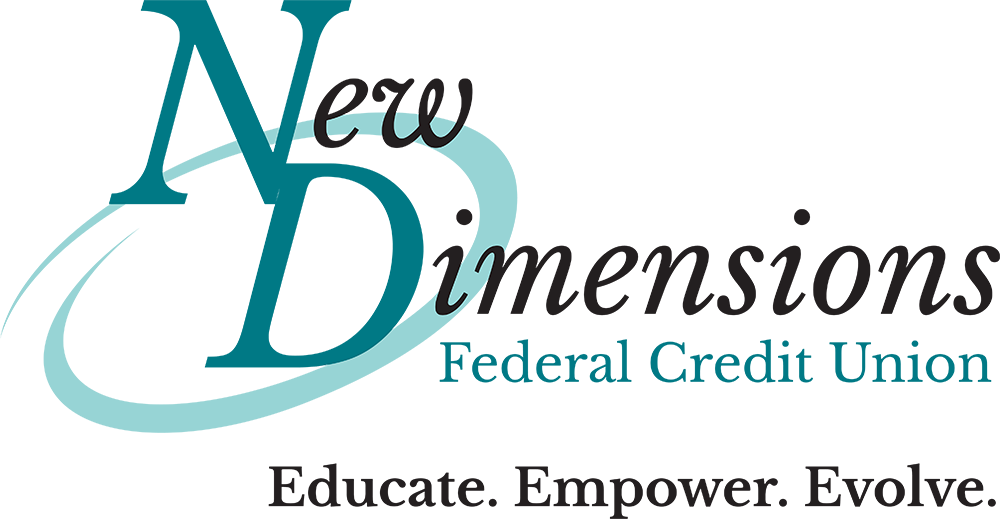How Credit Cards Work: Is A Credit Card A Smart Option For You?
What is a Credit Card?
A credit card is a physical card used to make purchases and pay bills. A simple way to think of a credit card is a type of short-term loan.
When you open a credit card account, the credit card company assigns you a credit limit (how much you can spend on the card) based on your income, credit score, and other factors. Your limit will decrease as you spend, and you will be required to pay back the amount spent along with interest accrued in monthly installments.
How Does a Credit Card Work?
Credit cards can be used to make online or in-store purchases and pay bills. When you make a payment or purchase, the amount is paid to the merchant, and your available credit is reduced by the transaction amount. At the end of your billing cycle, you will receive a statement from the card issuer of all transactions during that cycle, previous balance, new balance, minimum payment due (including interest), and due date.
If you do not pay your balance in full each month, your card issuer can charge you interest. Your credit card’s annual percentage rate (APR) reflects the cost of carrying a balance on an annualized basis. Your APR includes your interest rate and other costs, such as an annual fee (if your card has one).
Credit Card Pros & Cons
Pros
- Ease of use
- Safer than cash
- Earn Rewards and/or Cashback
- Can boost your credit score
Cons
- Interest & Fees
- Potential to accumulate excessive debt
- Decrease credit if payments are missed, or limits are maxed
So, Is a Credit Card Right for You?
Credit cards can be a great credit-building tool if used responsibly. Paying your bill on time and maintaining a low balance can help boost and maintain your credit score. Keep in mind the best way to avoid interest charges and build a strong credit score is by paying your bill in full each month.
